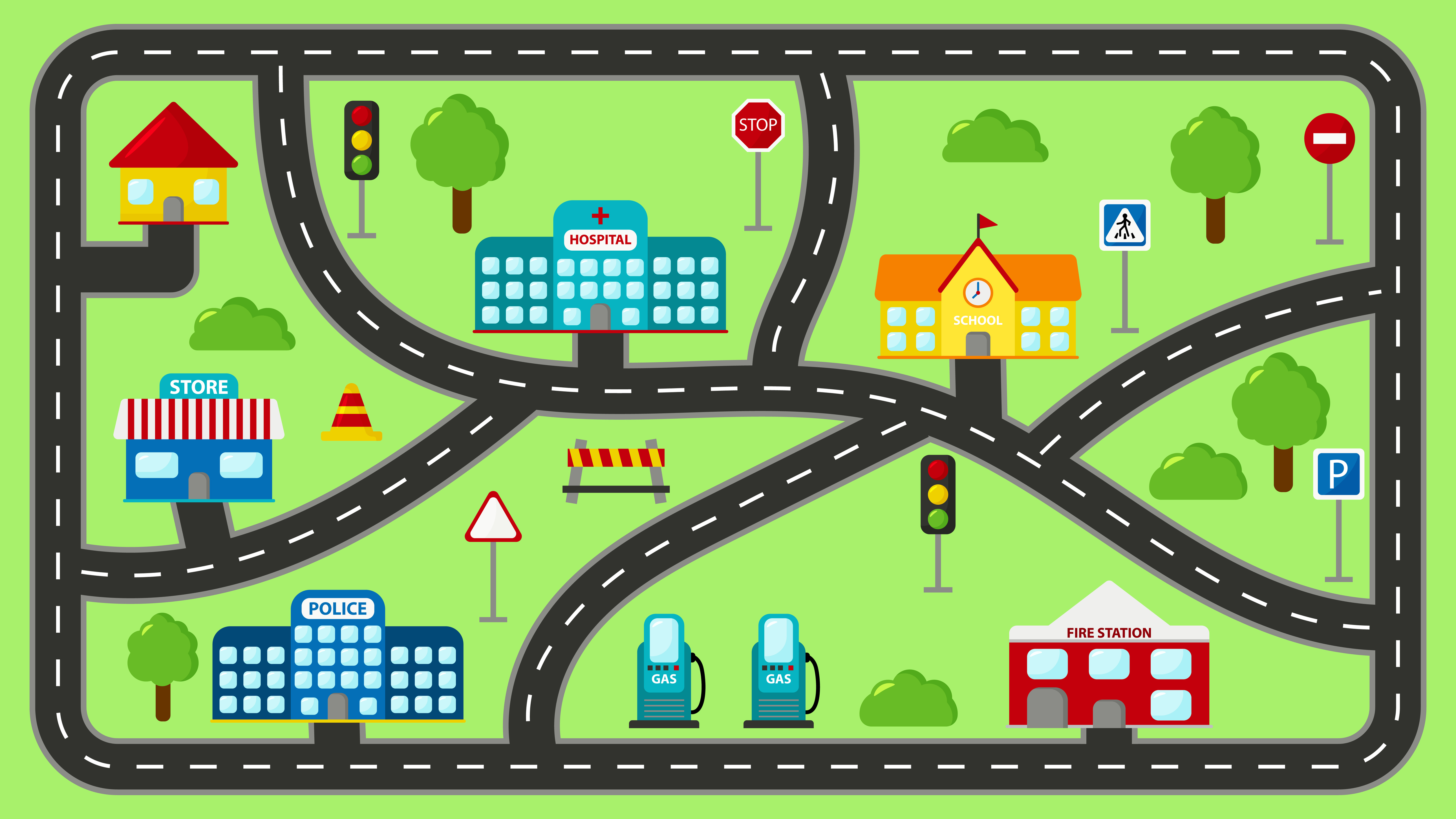Maybe Bigger Isn’t Better?

One of the best parts of getting older is that most of us do get to know ourselves better and find what we are passionate about. When we do figure it out, some of those disjointed, dancing dots do get connected. For me, this has resulted in knowing I find joy in learning more about community leadership and how we can better nurture the development of our communities as strong, healthy, and vibrant places to live, work and play.
Recently my work seems to have focused on the similarities as well as the differences between urban and rural communities. And, while it seems many communities, regardless of their size, are struggling with similar challenges, smaller communities may sometimes have an advantage. It might just be that bigger isn’t always better. It seems paying attention to the lessons and learnings at the grassroots could help us better respond to complex, social, economic and environmental issues and opportunities.
While moving beynond broken systems and creating transformative change in a large city can be a tad daunting, making it happen in smaller communities might be more doable. Perhaps smaller communities could be viewed as classrooms for learning more about the how-to’s of change that could then be put into place within larger communities albeit at a neighbourhood level.
So why do smaller communities have an advantage?
From what we’ve observed, smaller communities typically better understand the importance of community. In large communities it’s not unusual if one doesn’t know their our neighbours. In smaller communities, the odds are greater that you do. Knowing one another is essential for caring connected communities.
Smaller communities don’t take their young people for granted. In many cases, they’ve been unable to keep their kids in town. Nothing like a town without young people to remind you how essential they are.
Residents in smaller communities often do a better job of taking care of one another. Maybe it’s the result of having fewer social service departments and agencies headquartered in their midst or perhaps because there simply aren’t a lot of services to rely on. Regardless, the end result is that they’re more apt to turn to one another. And, although they don’t always think of it as volunteerism, the spirit of volunteerism is more alive and mostly well in small communities.
By virtue of their size, smaller communities have an advantage in terms of being nimble and responsive. After all, it’s much easier to stop and turn on a dime if you’re driving an all-terrain vehicle (ATV) rather than a lumbering freight train.
Smaller communities also tend to be less entrenched within silos and less partial to turf protection. Perhaps because of the smaller population, there aren’t as many silos or subsectors to connect plus, it’s easier to find them.
It seems to be much easier for small communities to know their communities and their issues. As a result, community leaders are generally knowledgeable about their communities and better able to prioritize their energies and resources. It makes it easier to practice systems-thinking and to maximize resources by converging disciplines and sectors.
We’ve also found that smaller and rural communities typically have a better grasp on the importance of community development. They seem to understand that leadership is about helping people to help themselves…to teach people to make their own fishing poles and fish. rather than just giving them fish to eat. Citizens in smaller communities don’t generally appear to be looking for a knight in shining armour or a magic solution. They seem to know intuitively that the wisdom is within their collective midst and not likely to come from an outsider.
And, perhaps because smaller communities have to change with the times to survive, more have worked to establish a vision for their future. They’re pretty smart about where it is they want to go because in large part they’ve learned that if you just take the time to ask people, they will tell you what is good about their community, what needs some work, and most importantly, how it can be fixed.
Maybe it’s not that complicated after all.
Posted on 03-06-23Next entry: Finally I have a Category
Previous entry: IQ. EQ. Now XQ?

 Brenda Herchmer is the owner of Grassroots Enterprises, a community development consulting company.
Brenda Herchmer is the owner of Grassroots Enterprises, a community development consulting company.